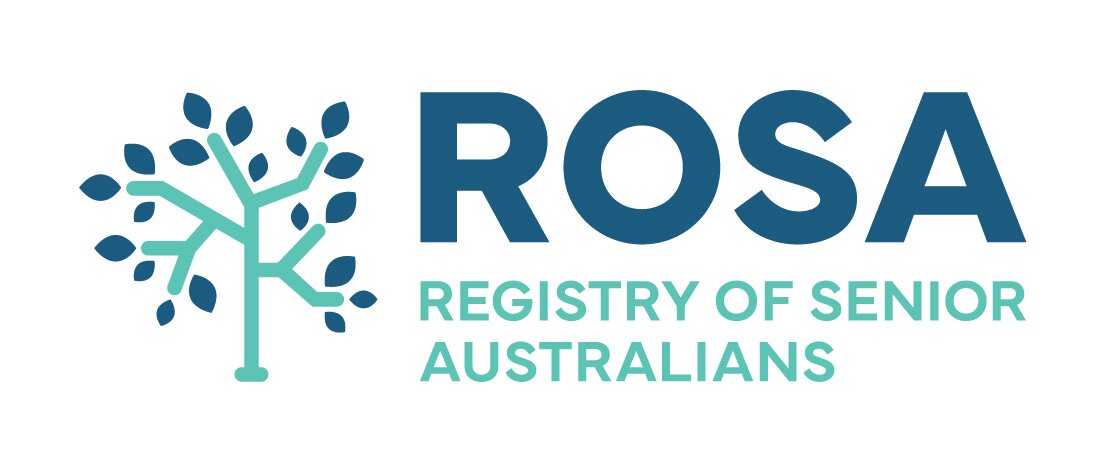A national consortium including SAHMRI’s Registry of Senior Australians (ROSA), the University of Queensland and PricewaterhouseCoopers (PwC) is now consulting with industry and community stakeholders regarding their new quality indicator pilot trial.
The trial will test the effectiveness of the health department’s existing quality indicators for residential aged care (RAC), as well as inform the development of five similar quality indicators for in-home care services.
Further assessment tools relating to ‘consumer experience’ and ‘quality of life’ will be developed for both RAC and in-home care.
Associate Professor Gillian Caughey, associate director of ROSA, says that community input is a vital part of the consultation process.
“The fact that we’re having the consumer voice as part of this quality indicator program is something that is important moving forward for Australia,” she says.
The community consultation will occur via numerous online seminars across November and December 2021.
Each session will cover a specific area of care, such as:
Consumer Experience and Quality of Life
Functions and Activities of Daily Living
Depression
Infection control
Pain
Regulatory meetings catered to peak industry bodies have been listed, but dates and further details are TBA.
Those interested in attention the sessions can register via this link.
Aged care providers are invited to express interest in participating in a nation-wide pilot trial, which will commence in 2022.
Further background information can be found in PWC’s consultation paper: Development of quality indicators for in-home aged care.
The National Aged Care Mandatory Quality Indicator Program is a health department initiative that began in July 2019.
The program requires Commonwealth-subsidised RAC services to report on the quality indicators every three months.
Aggregate data pertaining to this data is published quarterly and annually on the GEN Aged Care Data website by the Australian Institute of Health and Welfare (AIHW).
The data is deidentified, meaning the public cannot ascertain the status of individual RAC providers and facilities.
